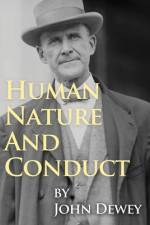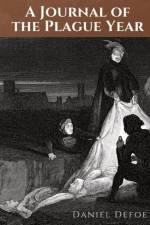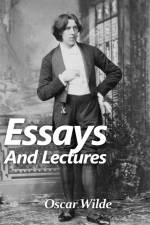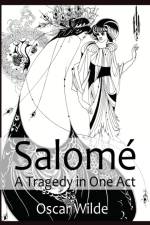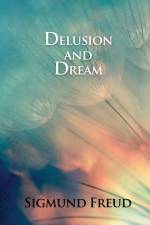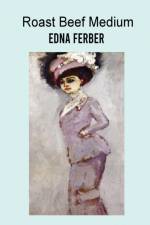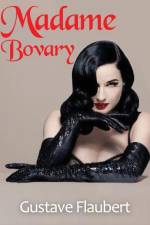av Guillaume Apollinaire
275,-
Alcools par Guillaume ApollinaireAlcools est un recueil de poèmes de Guillaume Apollinaire, paru en 1913.Ce recueil, qu'Apollinaire mit 15 ans à élaborer, annonce la quête de modernité, de jeu avec la tradition, de renouvellement formel de la poésie de l'auteur. Alcools est un recueil pluriel, polyphonique, qui explore de nombreux aspects de la poésie, allant de l'élégie au vers libre, mélangeant le quotidien aux paysages rhénans dans une poésie qui se veut expérimentale, alliant une presque perfection formelle et une grande beauté à un hermétisme, un art du choc, de l'électrochoc, qui valut à Apollinaire d'être qualifié de mystificateur. Alcools montre le poète déchiré par ses ruptures amoureuses (avec Annie Playden, avec Marie Laurencin), ruptures qui résonnent au travers de poèmes tels que Mai, Les Colchiques et, surtout, La Chanson du mal-aimé.Apollinaire abolit la temporalité interne (classique mise en vigueur par Ronsard) au sein de ses poèmes, le passé, le présent, le futur se mêlent en un seul et même univers de vin et d'ivresse. Le poète distille aussi l'espace, en mettant en scène l'univers de son enfance. Il modifie la perception poétique classique du temps et de l'espace : La Chanson du mal-aimé, Zone. Il se distingue comme le dieu poète en établissant une cosmogonie personnelle. Il réécrit les mythes fondateurs avec Orphée. Il se réclame d'Apollon. Mais il réinvente aussi la forme poétique dans son style : il détruit la conception classique syntaxique de Ronsard. Il est le précurseur du surréalisme, il consacre une nouvelle poésie d'ivresse et de mythes.C'est après avoir assisté à une lecture par Blaise Cendrars de sa future publication, La Prose du Transsibérien et de la petite Jehanne de France, qu'Apollinaire aurait décidé de transformer à son tour son futur recueil. Il y plaça Zone en ouverture, ce qui lui donna valeur de manifeste, et supprima toute trace de ponctuation, s'inspirant de l'innovation de Cendrars. Alcools ayant été publié avant la Prose du Transsibérien, on attribue souvent à tort la primeur de la suppression de la ponctuation à Apollinaire. Selon lui, en poésie, le rythme du vers et de la respiration suffisent. Au-delà de cette considération, cette suppression lui permit de faire naître des images inédites en rapprochant certains termes comme par accident. On pense par exemple au vers de Zone : Ils croient en Dieu ils prient les femmes allaitent des enfants où, dans une première lecture, à cause de l'utilisation transitive du verbe croire , l'absence de ponctuation conduit à lire le verbe prier comme étant lui aussi transitif, les femmes apparaissant alors comme complément d'objet direct du verbe. Ce procédé crée également des ambiguïtés de sens, enrichissant les lectures possibles.




